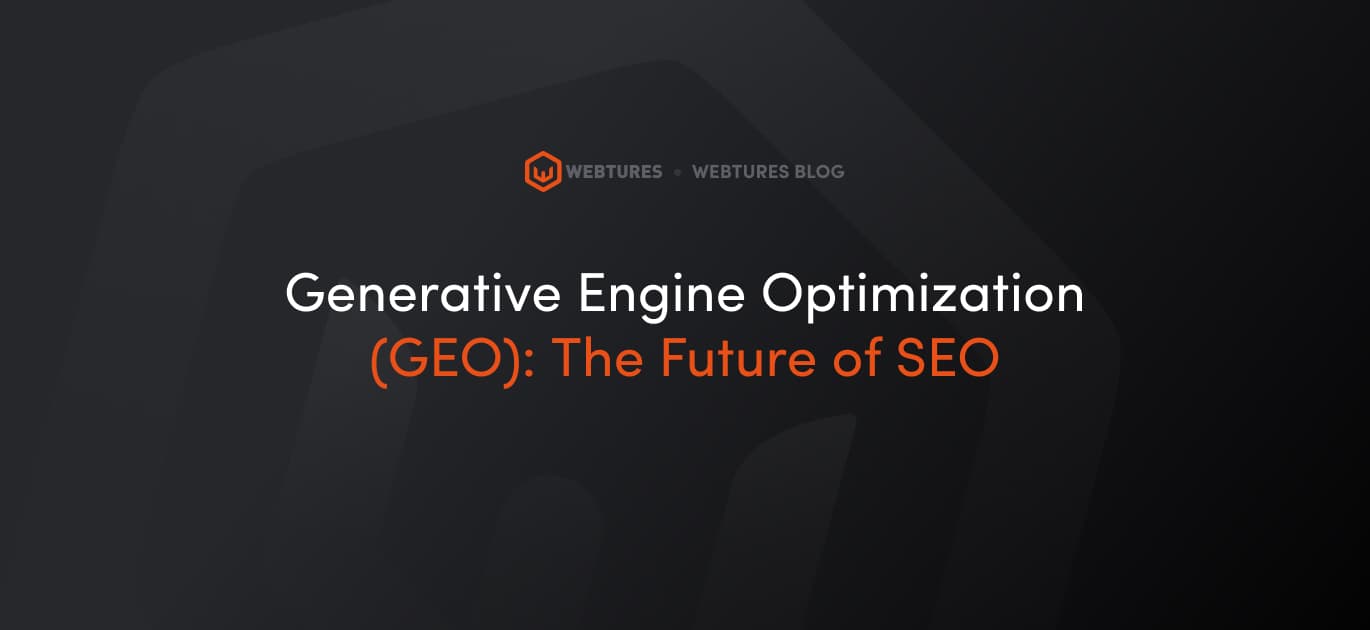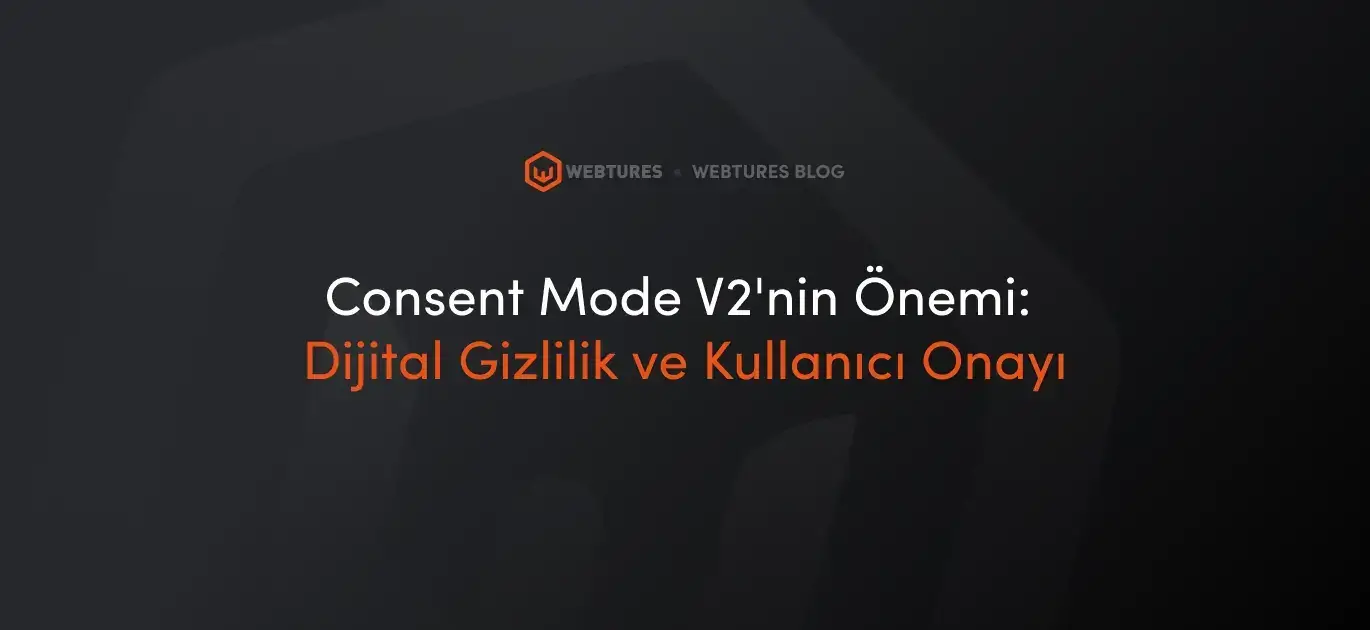Generative Engine Optimization (GEO): The Future of SEO

Generative Engine Optimization, or GEO, represents a paradigm shift in the world of SEO, tailored towards optimizing content for AI-driven search engines. As traditional SEO strategies evolve to keep up with technological advancements, GEO emerges as a crucial methodology. It focuses on enhancing content visibility within AI search responses, leveraging the power of generative AI technologies. This introduction lays the foundation for understanding how GEO differs from traditional SEO, highlighting its significance in the digital era where AI plays an increasingly central role in content discovery and ranking.
This introduction sets the stage for a deeper exploration into what GEO is, its key strategies, and how it can be applied to domain-specific content for maximum visibility and engagement. Stay tuned for detailed insights on each aspect of Generative Engine Optimization in the following sections.
What is Generative Engine Optimization?
Generative Engine Optimization (GEO) is an innovative approach that tailors digital content to align with the capabilities and expectations of AI-driven search platforms. Unlike traditional SEO, which focuses on optimizing for human-crafted search engine algorithms, GEO concentrates on the burgeoning role of artificial intelligence in determining content relevance and ranking. This necessitates a nuanced understanding of how AI models process, interpret, and prioritize information, prompting content creators to adopt new strategies. The aim is to ensure digital content resonates not just with human audiences but also with sophisticated AI technologies that are increasingly central to search experiences. For a detailed exploration, visiting authoritative SEO and AI research sources can provide in-depth insights.
Definition and Purpose of Generative Engine Optimization
Generative Engine Optimization (GEO) is a modern SEO approach, tailored for the era of artificial intelligence. It seeks to optimize content for AI-driven search engines, ensuring higher visibility and relevance in AI-generated search results. The purpose of GEO is not just to follow traditional SEO practices but to go beyond by making content more comprehensible and valuable for AI algorithms, which are increasingly influencing content ranking and visibility. This involves leveraging machine learning insights to craft content that aligns with the way AI models process and understand information. By doing so, GEO aims to bridge the gap between content creators and the AI technologies that interpret their work, ensuring that content not only reaches its intended audience but is also recognized for its relevance and quality by AI-driven platforms.
The Evolution from SEO to Generative Engine Optimization
The shift from SEO to Generative Engine Optimization marks a significant milestone in the digital marketing world. This evolution reflects the growing influence of artificial intelligence in search engine algorithms and user interaction platforms. Traditionally, SEO strategies focused on optimizing content for specific keywords, backlinks, and other metrics that search engines use to rank pages. However, as AI technologies become more sophisticated, they can understand context, intent, and nuanced content quality in ways traditional algorithms cannot. GEO represents an adaptation to this change, emphasizing content’s intrinsic value, relevance, and accessibility to both humans and machines. It’s a strategic response to the increasing complexity of digital ecosystems, where AI plays a pivotal role in shaping online experiences. This evolution underscores the need for content creators to consider AI’s capabilities and preferences in their optimization efforts, ensuring their content remains competitive in a rapidly changing digital landscape.
Key Strategies for Generative Engine Optimization
Key strategies for Generative Engine Optimization (GEO) revolve around adapting content for AI-driven search engines. This involves enhancing the authority and credibility of your content by citing reliable sources, using statistics and technical terms to demonstrate expertise, and making the content more understandable and fluent. These strategies aim to make content more accessible and valuable to both AI algorithms and human readers, thereby improving visibility and ranking in search results.
To approach the key strategies for Generative Engine Optimization in detail, let’s consider these aspects:
Citing Reliable Sources
Incorporating citations from reputable sources not only bolsters the credibility of your content but also aligns with the preference of AI-driven search engines for authoritative information. Reliable sources serve as a backbone for strong arguments and provide a foundation of trustworthiness that AI algorithms value. This practice can significantly enhance content visibility by indicating to AI that your content is well-researched and supported by established knowledge.
Adding Statistics and Technical Terms
Utilizing statistics and incorporating technical terms within your content can dramatically increase its perceived expertise, authoritativeness, and trustworthiness (E-A-T) in the eyes of both AI algorithms and human readers. Statistics offer concrete evidence that supports your claims and arguments, making your content more persuasive. Similarly, technical terms demonstrate subject matter expertise, signaling to AI that your content is relevant to specific, often more sophisticated queries.
Improving Content Understandability and Fluency
AI-driven engines prioritize content that is not only informative but also easy to understand and fluent. Simplifying complex ideas without compromising their integrity ensures that both AI and human readers can grasp the intended message. Content that is clearly written and logically structured is more likely to be favorably evaluated by AI algorithms, leading to better visibility in search results. Ensuring readability and fluency also enhances user engagement, a critical factor in SEO performance.
Domain-Specific Generative Engine Optimization Optimization
For Domain-Specific Generative Engine Optimization, it’s key to adapt strategies to the unique needs and behaviors of each sector. This means deeply understanding the audience, leveraging industry-specific terminology, and ensuring content aligns with the expectations and queries of that domain. Additionally, the type of content being optimized—be it educational articles, product descriptions, or service pages—requires tailored approaches to maximize engagement and visibility in AI-driven search results. Implementing GEO effectively involves a blend of technical precision and creative insight to resonate with both AI algorithms and human users.
Optimization Tactics for Different Domains
Optimizing content for different domains involves understanding the unique needs and behaviors of each industry. This includes using domain-specific language and meeting the informational or transactional needs of that audience. For content type variation, the strategy shifts based on whether the content is an article, a product description, or a service page. Each type requires a different approach to ensure it’s accessible and engaging for both AI algorithms and the target audience, emphasizing the importance of tailored optimization techniques for effective Generative Engine Optimization.
Strategy Variation by Content Type
For “Strategy Variation by Content Type,” it’s essential to customize your approach based on whether you’re dealing with blog posts, product descriptions, how-to guides, or any other form of content. Each type demands specific optimization strategies to appeal to both AI algorithms and the target audience effectively. Tailoring your content to the format and the users’ expectations can significantly enhance engagement and search visibility, underscoring the importance of a nuanced approach to Generative Engine Optimization.
Impact of Generative Engine Optimization on SEO
Generative Engine Optimization (GEO) can significantly impact SEO by introducing new methodologies for optimizing content in a way that’s favorable to AI-driven search engines. For lower-ranking websites, GEO offers a chance to level the playing field by leveraging AI-compatible content strategies that might not be fully exploited by higher-ranking competitors. This involves innovative approaches such as enhancing content quality, authority, and AI readability. Testing and learning are crucial in GEO, as they allow for iterative improvements based on how well different strategies perform in real-world search scenarios, leading to more effective optimizations over time.
To explore the impact of Generative Engine Optimization on SEO comprehensively:
- Opportunities for Lower-Ranking Websites: GEO offers new strategies that can elevate the visibility of lower-ranking websites. By leveraging AI-friendly content practices, these sites can improve their search engine performance, potentially outpacing competitors who haven’t adapted to GEO principles.
- Testing and Learning in Generative Engine Optimization Applications: Effective GEO strategy involves constant experimentation and adaptation. Websites should regularly test how different content formats, structures, and optimization techniques perform with AI-driven search engines, learning from each iteration to refine their approach for better results.
Tips for Creating Generative Engine Optimization-Optimized Content
For creating Generative Engine Optimization-optimized content, focus on understanding and leveraging AI capabilities in search engines. This includes utilizing AI-friendly keyword strategies, integrating comprehensive content planning, and optimization tools to refine and adapt your content strategy. Tailoring content to meet these new standards can significantly enhance your site’s visibility and engagement in an AI-driven search landscape.
Effective Keyword Usage
For “Effective Keyword Usage” under Generative Engine Optimization, the focus shifts towards integrating keywords that not only match search queries but also align with AI’s understanding of context and relevance. This means selecting keywords based on predictive trends and user intent, blending them seamlessly into high-quality, informative content. The goal is to ensure that content is discoverable by AI-driven search engines while remaining engaging and valuable to the audience, balancing keyword optimization with natural, reader-friendly language.
Content Planning and Optimization Tools
For “Content Planning and Optimization Tools,” it’s essential to leverage software and platforms designed to enhance content for AI-driven search engines. These tools can help identify trending topics, suggest relevant keywords, analyze content effectiveness, and provide insights for optimization. They play a crucial role in the iterative process of content creation, allowing for data-driven decisions that align with Generative Engine Optimization goals. Utilizing such tools efficiently can streamline the content planning process, ensuring that content not only resonates with your target audience but also complies with the latest AI search engine algorithms.
In conclusion, mastering Generative Engine Optimization (GEO) involves a strategic blend of effective keyword usage and leveraging advanced content planning tools. By aligning your content strategy with AI-driven search engines’ capabilities, you can enhance visibility and engagement. This comprehensive approach ensures that your content not only meets the current standards of SEO but is also prepared for the evolving landscape of search engine technology, offering a competitive edge in the digital space.




